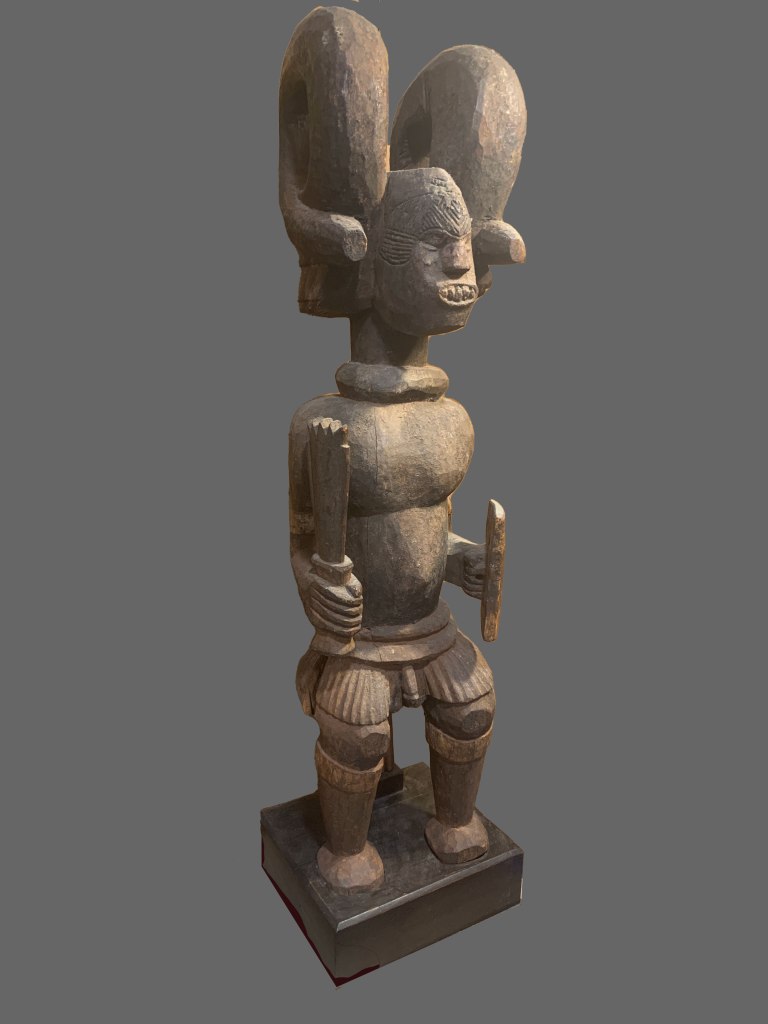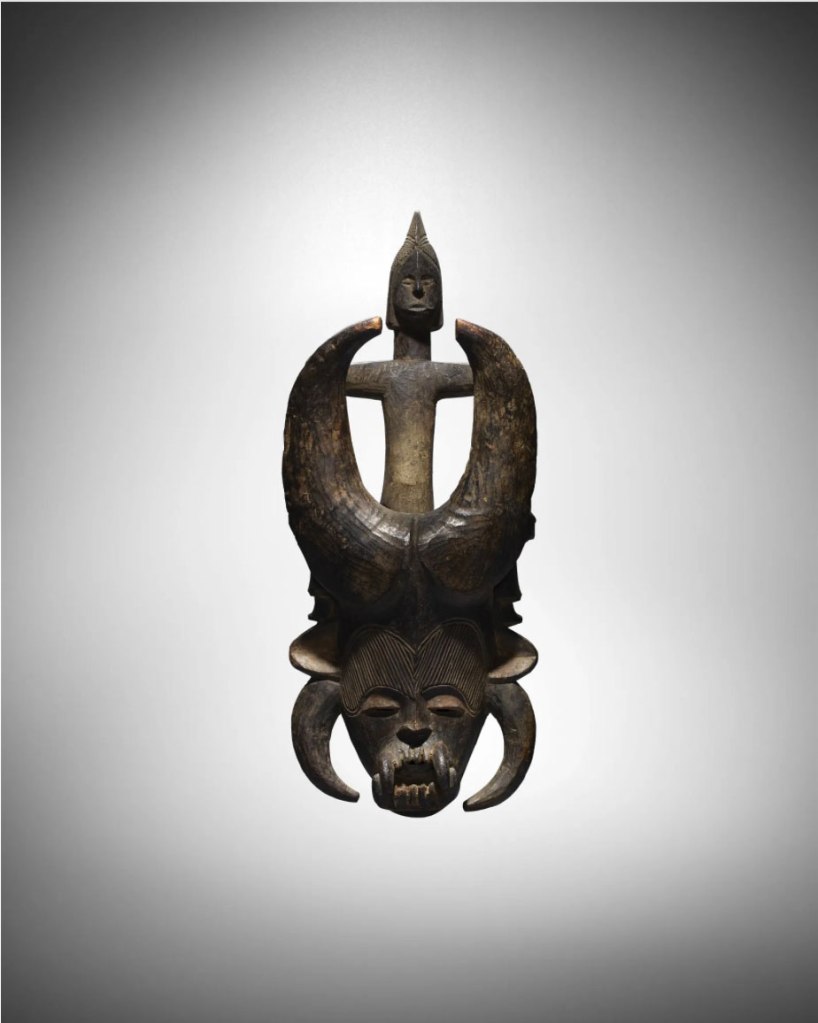Collecting African Tribal Art : Discipline
June 26, 2023 Leave a comment
The Igbo Ikenga Concept: Unveiling the Essence of Discipline
Discipline is a cornerstone of personal and societal growth, guiding individuals toward achieving their goals and maintaining order within a community. In exploring the concept of discipline, we delve into the Igbo Ikenga philosophy, which encapsulates the essence of discipline in the Igbo culture of Nigeria. This blog explores the Igbo Ikenga concept in relation to discipline, drawing inspiration from prominent figures such as Wole Soyinka, Confucius, Aristotle, and Dr. Eric Williams, who have shared profound insights on the subject.
The Igbo Ikenga Concept:
In Igbo tradition, the Ikenga symbolizes personal achievement, success, and individual strength. It serves as a representation of the power of the individual and embodies qualities such as discipline, determination, and resilience. The Ikenga figure often depicts a man with a strong muscular body, clenched fists, and a prominent horned headdress, reflecting the embodiment of discipline as a forceful virtue.
Wole Soyinka’s Perspective:
Nobel laureate Wole Soyinka, known for his intellectual contributions, once remarked, “Discipline is the refining fire by which talent becomes ability.” Soyinka emphasizes that discipline refines inherent talent, molding it into tangible abilities. Through discipline, individuals harness their potential, enabling them to achieve greatness.
Confucius and the Way of Discipline:
The renowned Chinese philosopher Confucius believed that discipline lies at the core of moral development and social harmony. He said, “The strength of a nation derives from the integrity of the home.” Confucius emphasizes that discipline starts within the individual and extends to society, illustrating that personal discipline is foundational for the betterment of communities.
Aristotle’s Virtuous Discipline:
Aristotle, a prominent philosopher of ancient Greece, considered discipline as a virtue that empowers individuals to lead virtuous lives. He stated, “We are what we repeatedly do. Excellence, then, is not an act but a habit.” Aristotle’s perspective highlights the significance of disciplined actions in shaping one’s character and attaining excellence.
Dr. Eric Williams on Self-Discipline:
Dr. Eric Williams, the first Prime Minister of Trinidad and Tobago, believed in the transformative power of self-discipline. He stated, “The psychological and moral discipline that it (discipline) implies, the personal responsibility it entails, are of the highest importance in any society.” Williams underscores the role of discipline in fostering personal responsibility, paving the way for a flourishing society.
Conclusion:
The Igbo Ikenga concept embodies the essence of discipline, capturing its significance in personal and societal development. As we explore the perspectives of Wole Soyinka, Confucius, Aristotle, and Eric Williams, we witness the universality of discipline’s transformative power. Whether refining talent, cultivating integrity, pursuing excellence, or nurturing personal responsibility, discipline emerges as an essential element for growth and progress. By embracing the Igbo Ikenga concept and the wisdom shared by these eminent figures, we can unlock our potential, cultivate discipline, and embark on a path of personal and communal fulfillment.



